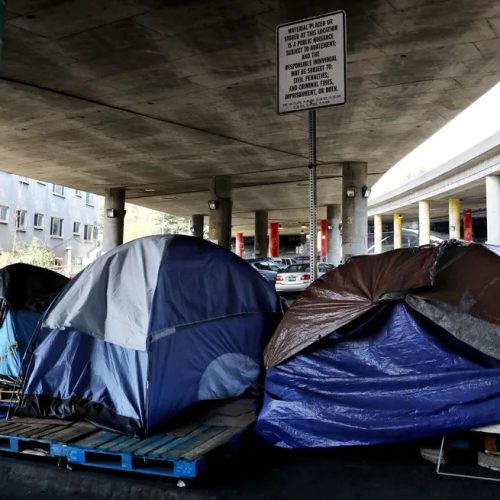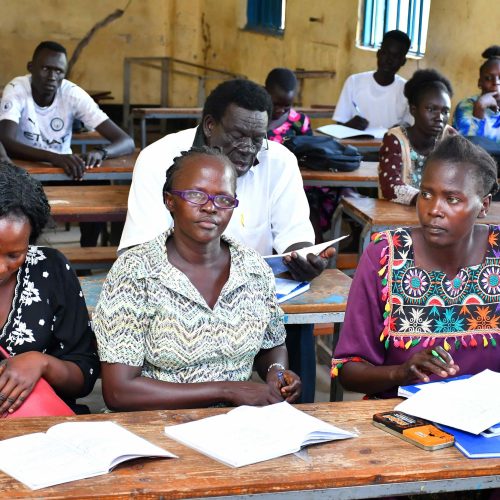May 31, 2022
[BOOKS] on Global Theft
Here are some excellent books on global theft that relate to global health:
A Brief History of Equality, by Thomas Picketty (2022)
-
- An excellent history of social/political movements and resulting national policies in dozens of countries that have markedly improved equality since 1780. With impressive data, he shows that progressive taxes on income and wealth and a comprehensive welfare state, including provision of education, health care, old-age pensions and protection against severe deprivation have made enormous progress in reducing inequality around the world.
Gangsters of Capitalism, by Jonathan Katz (2022)
-
- An enjoyable chronicle about Marine Corps Major General Smedley Butler and his role in the American invasions, overthrows, and domination of dozens of countries, from the Caribbean to the Philippines and China. The book helps understand the oppression and exploitation that we see today in many of those countries. Butler called himself a ‘gangster of capitalism’ in his retirement speech in 1933.
Moneyland, by Oliver Bullough (2019)
-
- An informative and entertaining exploration of tax havens and shell companies around the world that enable wealth to be stolen from countries around the world. While widespread tax evasion, illicit financial networks, and parasitic elites are well known, Bullough explains the process clearly – and how it captures the resources so critical for health, education, social welfare, and climate action.
The Looting Machine, by Tom Burgis (2015)
-
- A lively description of the rapacious capitalists from the global north and how they collude with African elites to steal the natural resources of African countries. The book makes a powerful case to reign in the looters from the global north.
The Poorer Nations, by Vijay Prashad (2014)
-
- A fascinating history of the post WWII exploitation and domination of the global south by the global north, including how the neoliberal regime of the USA and Europe dismantled efforts by the global south to create a fairer system of global relations – and how the exploitation of the dispossessed has been maintained.
The Darker Nations, by Vijay Prashad (2007)
-
- An earlier book by Prashad that provides a comprehensive political history of the Third World as a concrete project. Excellent background for understanding how the history of LMICs can help us understand the political and economic dynamics of today’s global relationships.
An Indigenous Peoples History of the United States, by Roxanne Dunbar-Ortiz (2014)
-
- This book provides a comprehensive history of the USA from the standpoint of the original inhabitants of the American continent and challenges the founding myth of the United States. She shows how a genocidal displacement policies against the Indigenous peoples, and endless broken treaties, was colonialist and designed to seize the territories of the original inhabitants.
On Corruption in America, by Sarah Chayes (2020)
-
- Chayes describes the US corruption of the 18970-1900 ‘gilded age,’ its relative control in the 20th Century war years, and its re-emergence during the neoliberal, anti-regulatory era brought in by the Reagan administration. She also describes how US corruption adversely affects countries around the world.
Overthrow: America’s Century of Regime Change from Hawai’i to Iraq, by Stephen Kinzer (2006)
-
- An excellent review of the U.S.-supported or encouraged coups in Hawaii, Cuba, Puerto Rico, the Philippines, Nicaragua, Honduras, Iran, Guatemala, South Vietnam, Chile, Grenada, Afghanistan, and Iraq. He shows how economic interests of elites in the USA typically engineered these overthrows to establish dominant positions in these countries that facilitated gross oppression and exploitation whose consequences persist to the present time.
Silencing the Past, by Michel-Rolph Trouillot (1995)
-
- A classic book, exploring how histories are produced, with substantial examples from Haiti. He analyzes conventional historical narratives to understand why certain parts of history are remembered when others are not. The book was as used as one of the bases for Raoul Pecks HBO miniseries, Exterminate All the Brutes.
All books should be available free through your public library, including audio books.




